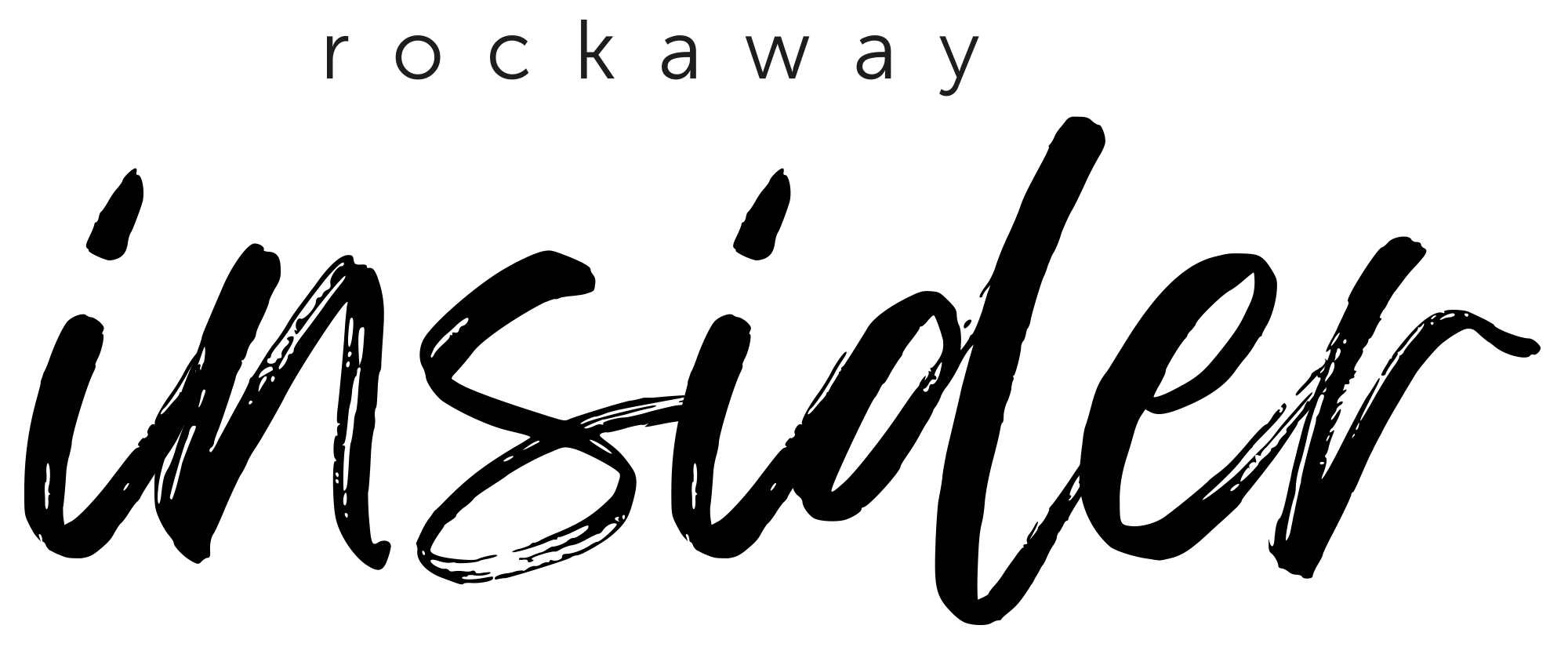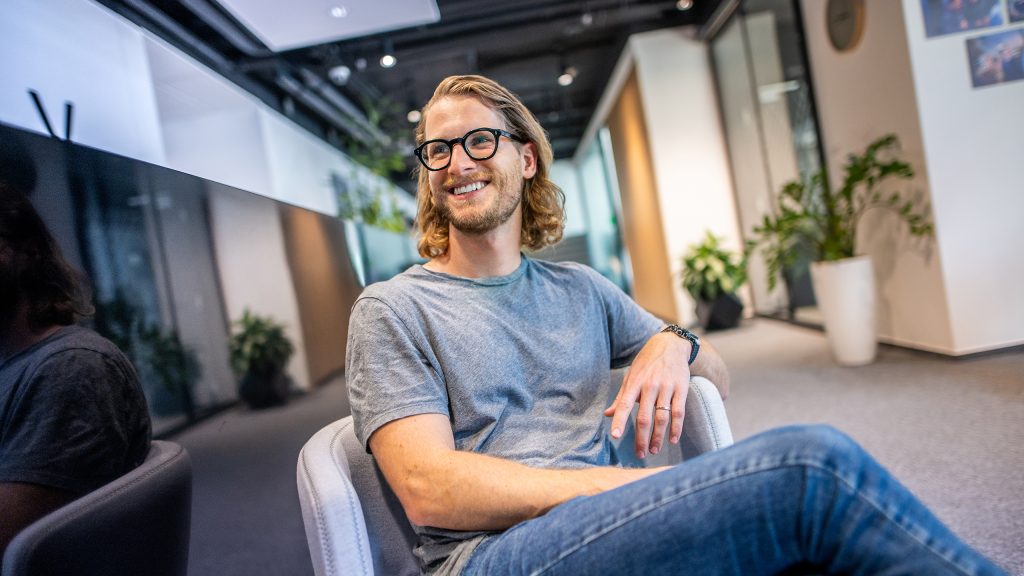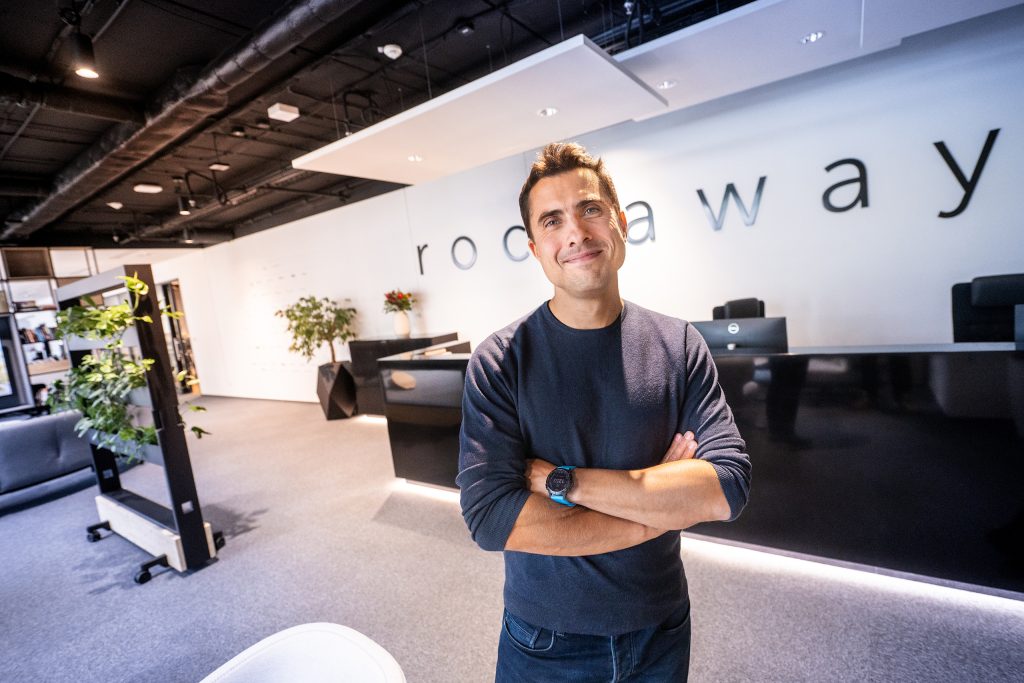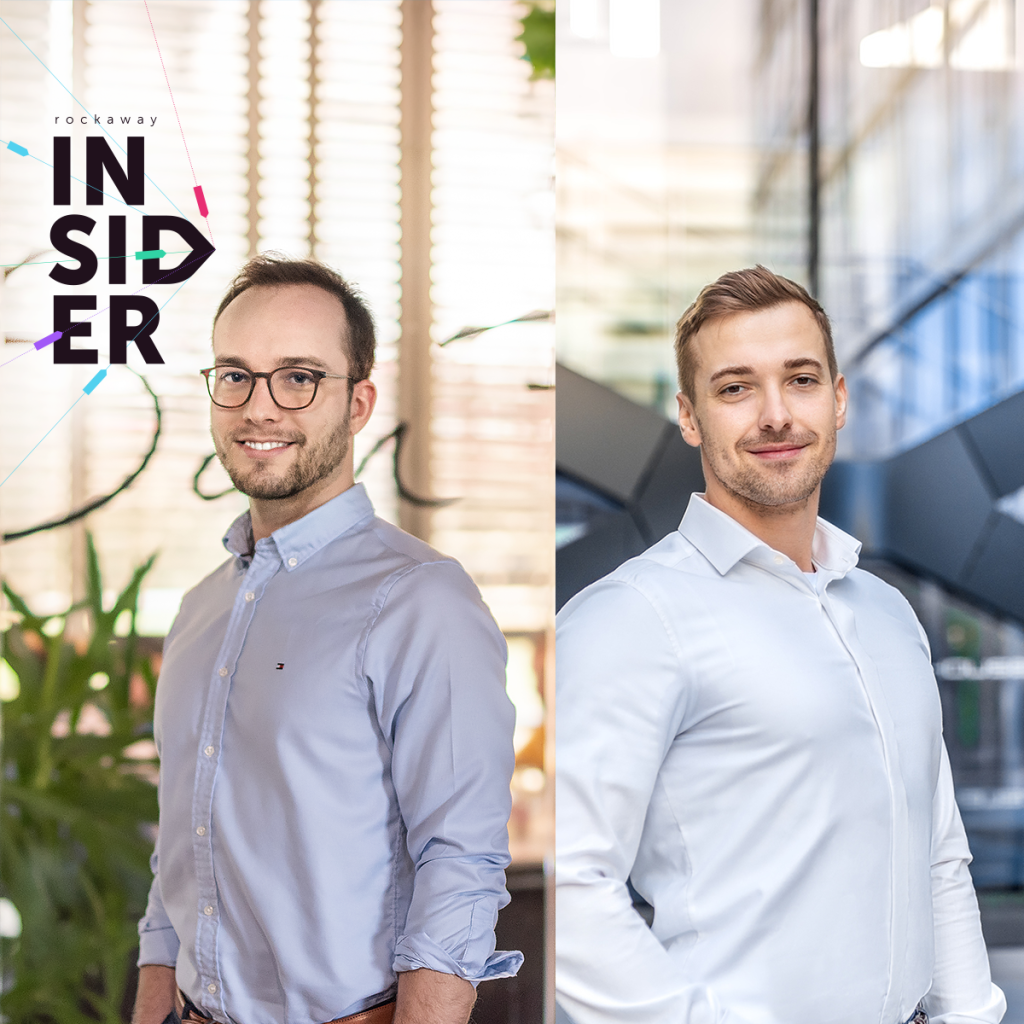All newsRockaway Insider with Milan Vašina, Senior Advisor at Rockaway Capital
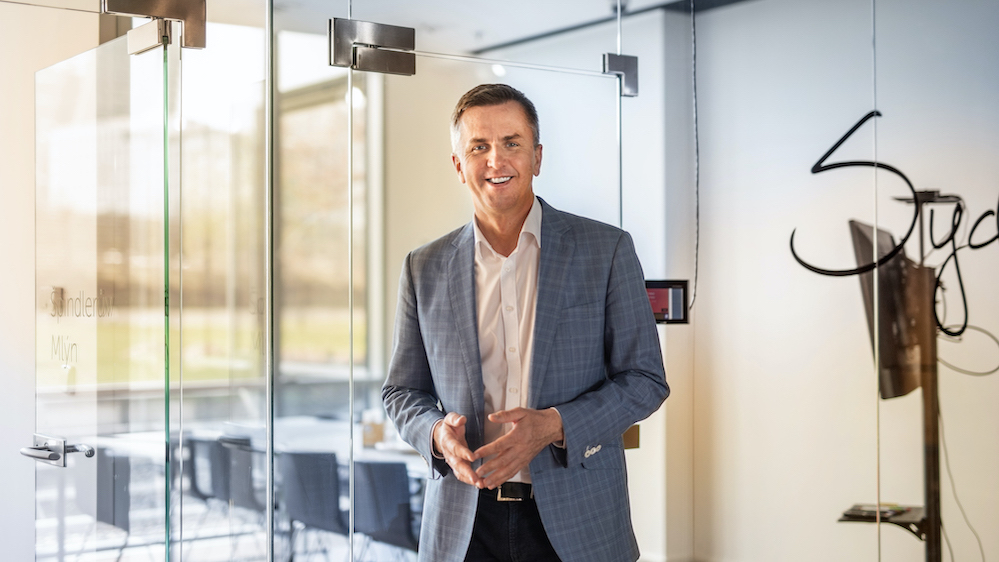
Milan Vašina
A respected top manager, for many years he headed T-Mobile in the Czech Republic, and from last year he has been working with Rockaway as a Senior Advisor as well as running the non-profit Aspen Institute. Though as a sought-after mentor, he is used to doling out advice, he considers his strongest characteristic to be the exact opposite – the ability to listen.
What key thing has the last year taught you?
I wouldn’t say it’s something I learned, more like something I confirmed. When there’s an avalanche of changes that people aren’t ready for, they usually don’t want to understand them. That’s why I say that adaptability is key. That’s nothing new to me, because in the past I told my people at work that I need three things – intelligence, emotional intelligence, and the ability to adapt. During Covid it once again became clear that those who adapt, survive. As my friend, cyclist Jiří Ježek says: Everyone knows what they’re supposed to do, but few do it. And those who do win the Olympics.
What is the number-one rule that you follow every day in your business?
Listen, don’t put things off, and decide. I’ve managed several companies, and regardless of whether it was T-Mobile or Slovak Telekom, which had revenues of almost CZK 50 billion and seven thousand employees, the complexity was always such that it was impossible to grasp it all. I’m not Steve Jobs, who had absolutely everything in his head and could bulldoze it through. That’s why I listen. I’m the kind of person who needs to have competent people around who I can listen to and who will give me feedback.
Then it’s important to not put things off, and make a decision. Because after every decision you can always make a correction. In my view it’s better to make a decision immediately and then correct it if necessary. It’s definitely better than waiting for a long time. Because if you make a correction, it means you’ve accepted an error and can learn from it. And you can only learn from something if you take a fall.
One learns from one’s mistakes. What mistake taught you the most, and what, specifically?
There have been many, but the biggest? For a long time I was incapable of saying goodbye to people who had no business being in a given position. And that doesn’t necessarily mean you have to fire them – what’s important is to recognize a given person’s strong point, and for example reassign them to another job, one where they will do much better. For a long time I didn’t know how to do this and for too long I gave second and third chances. And yet many times you know, you feel it, paradoxically the other person knows it too, and so everyone suffers due to your inability to decide.
What is your most important piece of advice for new start-uppers?
When someone is starting a new project, they need three things. Firstly, something we can call a story, vision, or idea. In short, you have to know why you want to do it, if it has some sort of logic, or on the other hand, pitfalls. Secondly, you need to have the courage to do it. I’m not talking about jumping out of a window without a parachute, but rather about a calculated risk. To know where you’re going and why, to have thought it through. And the third thing is energy. You’ve got to have a lot of energy, because even though lots of people think that the first idea will be the final one, that’s usually not the case.
What do you consider the greatest benefit of your business for society?
After years of managing companies I’ve gotten to the point where I advise and help companies and their managers. So my greatest benefit for a company are the people I’ve cultivated. My strong point is an ability to listen; I can see where someone’s potential lies, even if quite often they don’t think so. But it’s important to show them their strong points and explain to them that, for example, they’re not completely suited for the role of a CEO, and that perhaps being number two would be better for them.
What question are you asked most often, and how do you answer?
Why did I leave T-Mobile and why don’t I run a large company anymore? After twelve years at the head of the Czech and Slovak T-Mobile, that chapter simply ended for me, and at that time Jakub (Havrlant) asked me if I wouldn’t like to work with Rockaway, and then I was contacted by Aspen. It’s a good combination; thanks to Aspen I’ve come into contact with a totally different group of people, because they’re not just from the business world, but also from the world of politics, science, or art. And Rockaway? I’ve always wanted to work with a young group like that. I see a lot of potential in Rockaway that has to be taken advantage of now. Jakub’s energy and vision are inspirational, but the same principle applies like everywhere else: without the right execution it’s all just hallucination.
What life hack helps you most in your work?
When I get up in the morning, I do yoga. It gives me an incredible jump start and prepares me for the whole day ahead. At one time I also used to get up at 4:30; it was nice to have a couple of extra hours, but you can’t do it over the long term, because I’m used to working in the evening sometimes. And when I want to think something up and brainstorm, I go hiking in the mountains. Sometimes for two hours, sometimes for a half-day. Otherwise I’ve probably tried out all sorts of gadgets, but I guess I’m too old for that. Because nothing is as good as a good personal assistant. I had one like that, her name was Petra, and all that was needed was one glance, one word in a text message, and I knew that I didn’t have to do any more explaining. I was lucky, and that’s why I miss that so much now.
___
![]()
Did you like this interview?
The Rockaway Insider Newsletter is published every second Wednesday morning – subscribe now.
By clicking on “Subscribe” you agree to subscribe to the Rockaway Insider newsletter using the specified e-mail address. You can cancel your subscription at any time directly in the newsletter.
___

